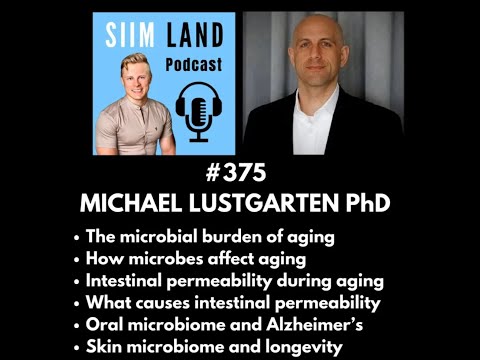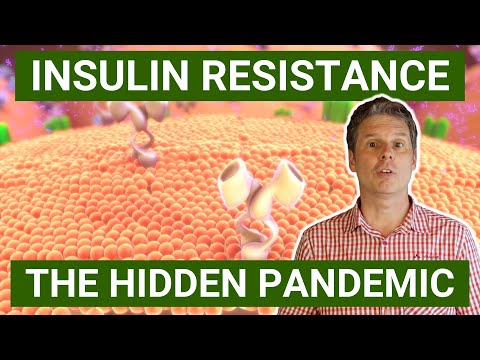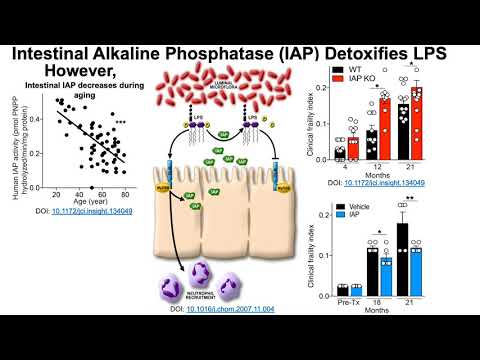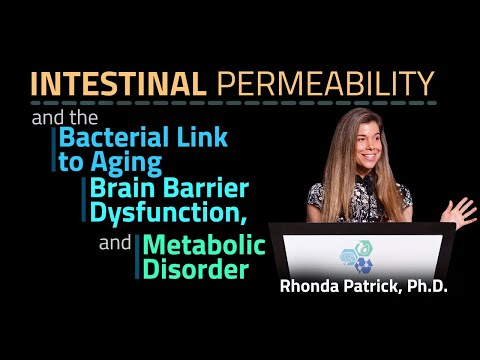There is at least person on this site who is getting younger by some measures.
Maybe you have to have used Sci-hub before:
You can click any of the sci-hub links to get a page with a box on it. Put the DOI number for the study in the box. You can find the DOI usually under the title of the study. They all have one. If you have the title of the study or authors, then using google scholar will get you the DOI. Paste it into the box and hit go. Sci hub will try to steal the paper for you.
The papers are paid for by the public and maybe you remember when Aaron Swartz figured out how to steal them and make them public? He was a hacker and activist that helped get Reddit started. Anyway they caught him and threw him in jail and he hung himself. Later a woman from I think Kasakhstan actually figured out how to do it and has managed to stay a step ahead for years now. Sci Hub is great but doesn’t always work. If it’s on Science Direct it almost always does.
Actually, Red Mill wheat germ is raw. It should be cooked to inactivate the lectins, I’d assume. But cooking would change the nutrients including spermadine, I’d bet. What a conundrum…
Wheat is also the leading cause of discomfort when taking acarbose. Really, for me, the difference is between night and day. When I avoid any wheat products the acarbose produces little or no gas.
I’ve paused my use of wheat germ until I can get to the bottom of this question. I’ll use chlorella for spermadine for now.
Lustgarten’s latest video:
Talks about his book. He was asked directly if there was any food that would cause the gut barrier to get worse and he didn’t come up with anything. He didn’t say “WHEAT” or “Oats” or “corn” or anything for that matter. So maybe I’m crazy, but he’s not really the lectin guy.
Good video though.
Here’s the next video on Insulin Resistance by Mario Kratz PhD. This guy is very good. In this video he provides more detail on what is happening to each person over time as they become more insulin resistant for various reasons (body fat, sedentary, stress, sleep, etc.), until they eventually bump into their personal insulin production limit, which is different for each person. He also speaks to an emerging area of research on brain-controlled reaction to higher glucose.
I can’t imagine that an obese person would be metabolically healthy. Glucose and insulin is just a part of metabolic health.
I’ve read his book and found it interesting. What I wonder about is whether a potential modest increase in microbial burden resulting from things like leaky gut, or poor skin barrier, is sufficient to have any significant effects on insulin resistance. Injecting people with LPS potentially gives them a huge dose of LPS which they probably won’t experience unless they are sick with a bacterial infection. LPS probably changes a lot less in response merely to changes in barrier function so I consider the link between LPS and insulin resistance highly theoretical unless I see more proof.
I strongly suspect I had IR for a long time before my heart attack, even though I was probably at around 15% BF. Stress was probably part of it but also eating poorly, which I thought I didn’t have to worry about because I was getting a lot of exercise. Attention to diet - especially elimination of carbs and fast food - has kept my HOMA-IR and CRP well under the “normal” range indicated above.
I think it’s a common mistake to think that burning calories means they didn’t count. I’ve made that mistake in my past as well. I’m particularly interested in AGEs directly and indirectly from the diet contributing to “aging” via damage to systems which no longer work properly.
I know. I keep thinking my doctor is going to offer to check my LPS and see how my microbial burden is going. Lol, not happening. Next time I see my doctor I’ll ask to test my LPS and report what he says. It’ll be January. Just for giggles.
If it was easy to test, then I’d think it would be happening. You’d see the correlation with practice.
It makes so much sense because oral bacteria are found at the base of the plaque which indicates that they have started the ball rolling toward heart disease. I learned that elsewhere, I think from Malcolm Kendrick. But it fits so well with this.
So this is a rare book that actually opens my eyes to something I had really no knowledge. Avoid deficiency in vitamin and mineral and polyphenol, also hygiene. Cultivate a microbiome in oral and gut that keeps the bad guys at bay.
The problems are similar to farming in that we have tools that can really move you in the wrong direction (tillage kills weeds, also important mycorrhizal fungus). Using mouthwash can kill the bacteria that convert nitrate to nitrite. It screws things up. Also the gut microbiome is easy to move in the wrong direction with antibiotics or lectins or just bad diet. We have little to tell us if a problem is coming, and no guidance on how to fix it. This is an important area that is a work in progress.
Related to LPS, here Lustgarten explains what helps reduce LPS: omega 3, vit k1, high soluble fiber diet.
He doesn’t mention it here, but in his book he talks about how spermadine is incredibly good at improving the barrier function of the gut.
He also doesn’t mention it here because he’s such a purist, but acarbose can increase SCFA by a lot too, while allowing somebody on Keto to have a few good carbs.
My age was up to mid 50’s for a couple years and after reading his book and improving hygiene a bit and having a few supps, my last numbers put my Levine age at 46. I’m almost 63.
This is a 1 year old presentation by Rhonda Patrick on LPS. I watched it earlier this year without really understanding what was being said. Dr Patrick goes into some detail about leaky gut, LPS/endotoxin, and blood brain barrier. There is a lot of useful, actionable info in here. Dr Patrick says or implies that LPS is causative in ASCVD, degradation of blood brain barrier that precedes Alzheimer’s, and chronic inflammation in general (inflamaging). And there is plenty we can do to reduce the effect.
Fiber for butyrate. Fish for omega 3. SMASH - salmon, mackerel, sardines, herring.
I keep hoping acarbose is a hack for more butyrate.
This talk could have come from Lustgartens book. Except he talked about how great spermadine is at closing the junctions. So another hack.
It’s near impossible to buy good herring in the States.
How are you measuring BF? And do you have your visceral fat mass specifically (from DEXA or otherwise)?
There’s no real evidence that TRF or fasting improves insulin resistance beyond the effect on weight loss. Conversely, it’s harder to retain lean mass when fasting and somewhat harder to do it on highly restrictive TRF — all of which can incline you to adverse body composition changes over time. This is what happened to Attia and got him off of both.
Body fat estimated based on photo examples (no love handles, visible upper abs, lean / muscular arms and legs). I just measured my homa-ir which says I do not have insulin resistance. My HbA1c is now down to 5.6. Metformin, berberine, no starchy carbs, no added sugar.



